Latest
-

Why Do Dogs Wag Their Tail? Unveiling the Mystery of This Elusive Behaviour
Read more: Why Do Dogs Wag Their Tail? Unveiling the Mystery of This Elusive BehaviourThe wagging tail of a dog is a wildly acknowledged symbol of joy and excitement in our four-legged friends. However, this behaviour is largely unexplained and misunderstood. A recent opinion piece by Leonetti et al sheds light on this enigmatic behaviour, inviting a deeper investigation into its mechanisms, evolution, and significance. Tail wagging is a…
-

Quantum Computing – The Future of Battery Technology?
Read more: Quantum Computing – The Future of Battery Technology?Unlike classical computers, which use bits to represent information as either 0s or 1s, quantum computers use quantum bits, or qubits, which can exist in multiple states simultaneously due to the phenomenon of superposition. This inherent parallelism enables quantum computers to explore numerous solutions to a problem simultaneously, potentially providing exponential speedups for certain tasks.…
-

From Failure to Success: NASA Land on The Moon Again
Read more: From Failure to Success: NASA Land on The Moon AgainOn January 8, 2024, NASA launched a robotic lander developed by Astrobotic, called Peregrine 1, from Cape Canaveral into orbit aboard the Vulcan rocket towards the moon. This was the first mission of the Commercial Lunar Payload Services (CLPS) programme, a new initiative by NASA, in which NASA pays companies to deliver scientific instruments and…
-
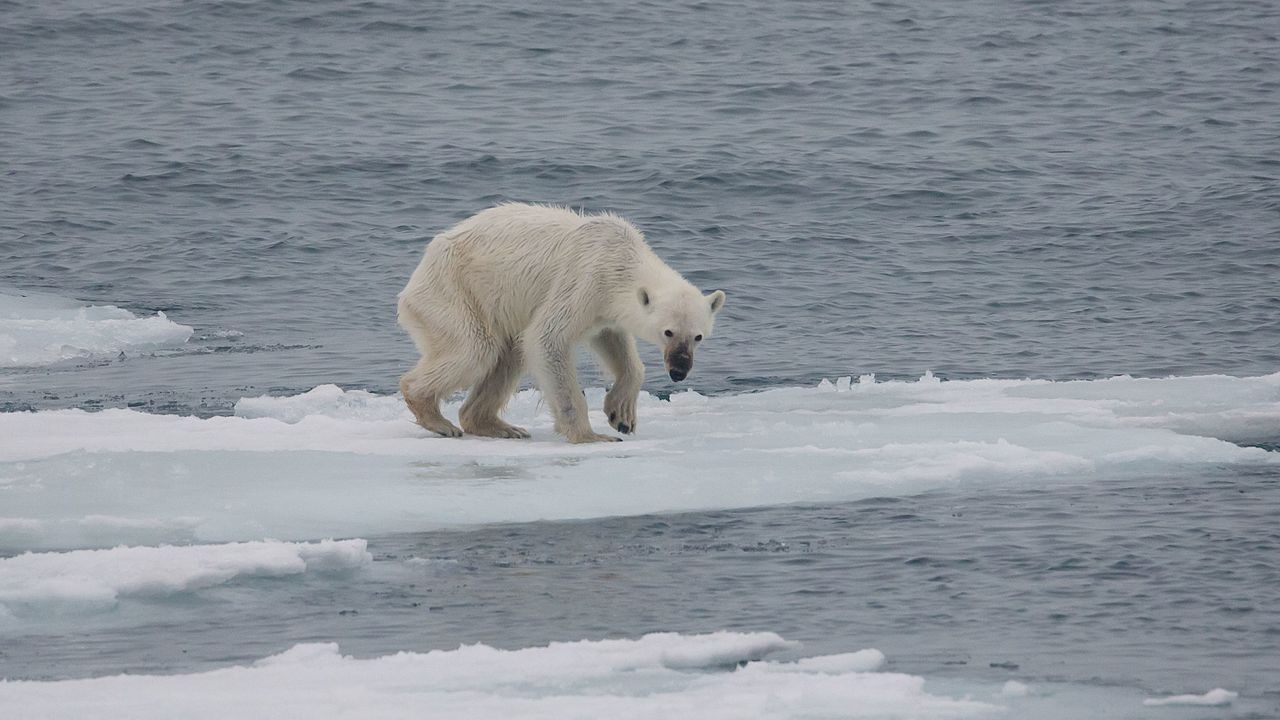
Polar Bears at Risk of Starvation Despite Behavioural Plasticity
Read more: Polar Bears at Risk of Starvation Despite Behavioural PlasticityPolar bears remain at risk of starvation despite behavioural and diet plasticity on land, according to a new study published in Nature Communications by Pagano et al. Due to climate change, sea ice in the Arctic has undergone a severe decline in coverage and thickness, impacting the Arctic marine ecosystem. The apex predator in the…
-
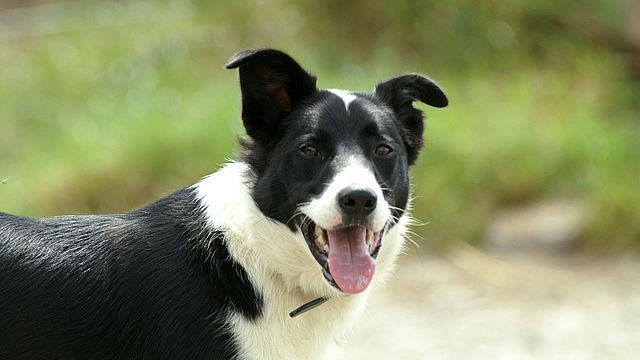
Dogs Demonstrate Remarkable Cross-Species Emotional Recognition
Read more: Dogs Demonstrate Remarkable Cross-Species Emotional RecognitionOur loyal companions, dogs, have demonstrated an extraordinary ability to recognise and respond to human and canine emotions, according to a study published in Biology Letters by Albuquerque et al. In the animal kingdom, the ability to discern emotional expressions is vital for understanding social intentions and motivations. Traditionally, this skill is observed within species.…
-

Does Brain Size Help Bees Adapt to Urban Environments?
Read more: Does Brain Size Help Bees Adapt to Urban Environments?In a new study published in Biology Letters, Lanuza et al assess whether brain size, relative to body size, helps bee species adapt to human-made and rapidly changing environments. The role of pollinators is fundamental to the functioning of ecosystems. Rapid and widespread changes to the habitats of pollinators represents a major threat to individual…
-
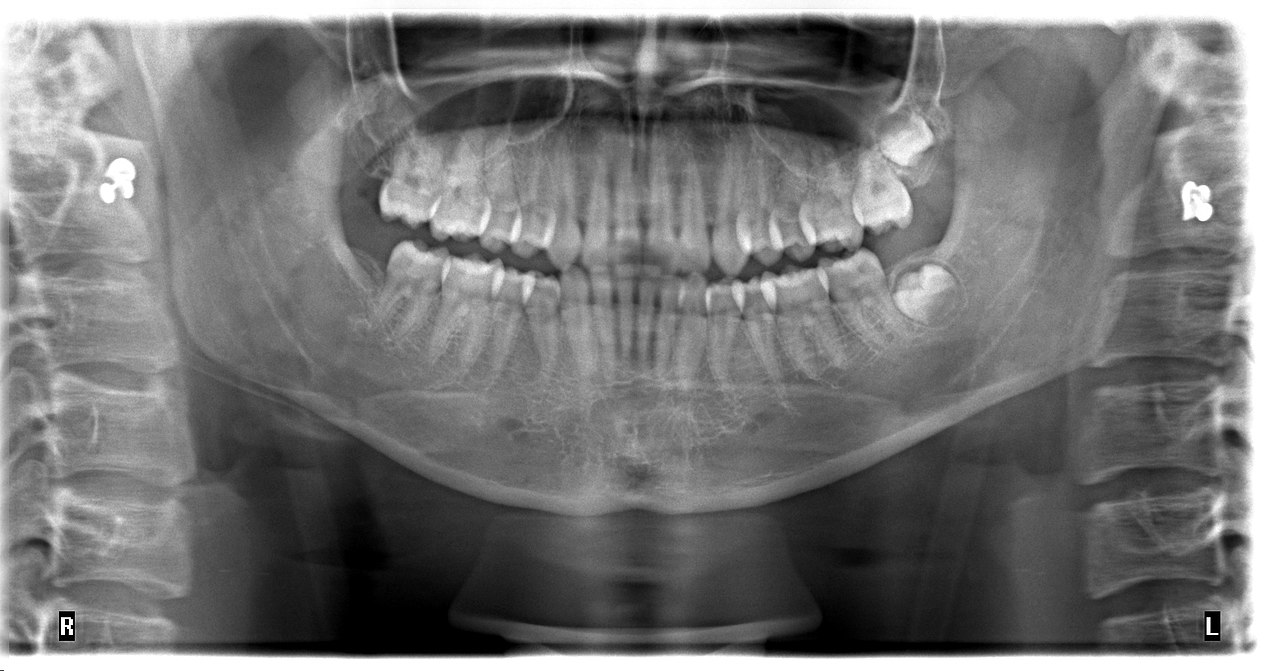
Toregem Biopharma Developing Drug to Stimulate Regrowth of Teeth
Read more: Toregem Biopharma Developing Drug to Stimulate Regrowth of TeethToregem Biopharma, a biopharmaceutical start-up funded by Kyoko University, is developing a drug that could help people with congenital or acquired tooth loss. The pathway to developing the drug started in 2007 when their team of scientists discovered that a deficiency in the USAG-1 gene led to the development of additional teeth in mice. The…
-
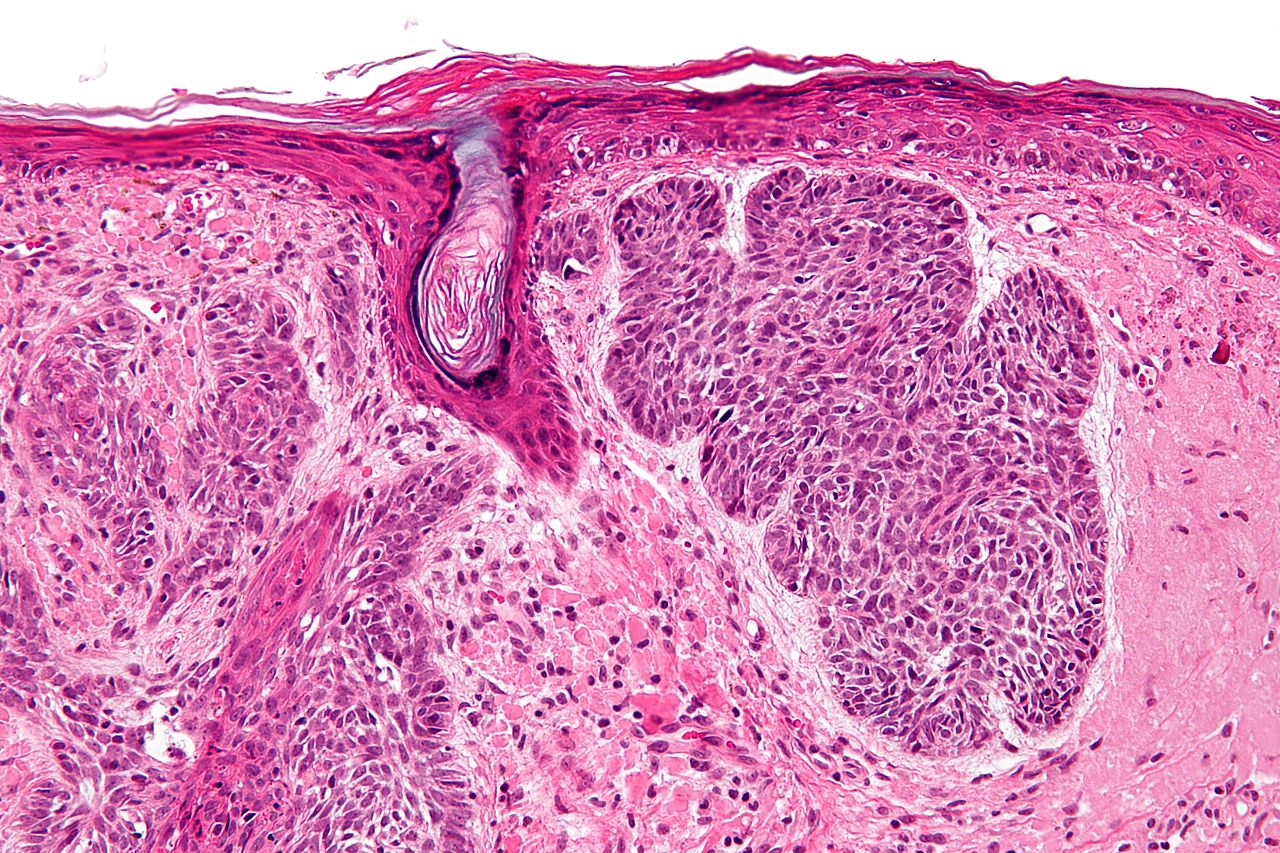
What is Cancer?
Read more: What is Cancer?A myriad of confusing terminology, its genetic basis, and its singular, misleading name, make no other human disease as confusing and fear-inducing as cancer. In the first of our Educational Summary series, we explain what causes cancer and what is it, exactly? Despite the singular nature of its name, there are over 200 different types…
-
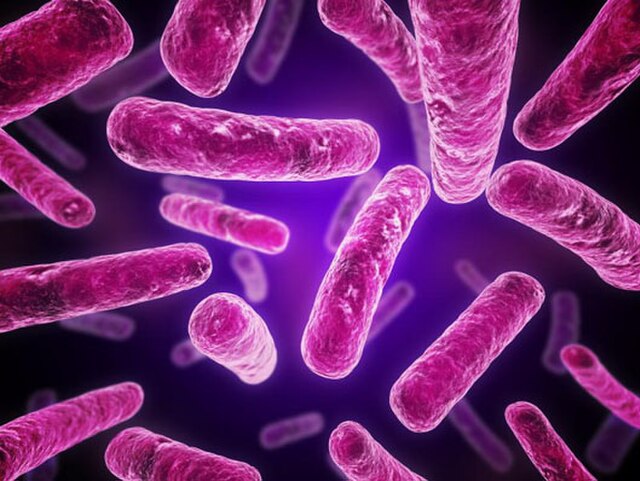
Zosurabalpin: A Promising Antibiotic in the Fight Against Resistant Infections
Read more: Zosurabalpin: A Promising Antibiotic in the Fight Against Resistant InfectionsCarbapenem-Resistant Acinetobacter Baumannii (CRAB) is a pathogen with limited treatment options, representing a major global healthcare risk. In a study published in Nature, Zampaloni et al describe the development of a new class of antibiotics called tethered macrocyclic peptide (MCP) antibiotics. They also identify a new antibiotic candidate, zosurabalpin, which may be the first antibiotic…
-

Climate Crisis: How Close Are We to Averting Disaster?
Read more: Climate Crisis: How Close Are We to Averting Disaster?As the global surface temperature reaches 1.1°C higher today than observed in 1850–1900, global greenhouse gas emissions continue to rise. Changes in the atmosphere, ocean, cryosphere, and biosphere have been rapid and widespread, with far-reaching consequences for societies globally. Climate change is therefore the largest challenge facing humanity today. Based on the 2023 synthesis report…
